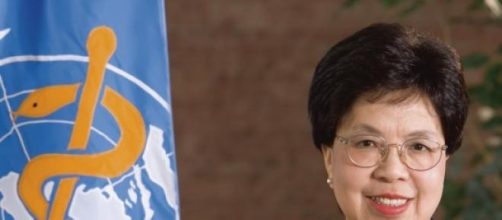Ebola is waning but the international community cannot afford to be complacent, according to Director-General of the World Health Organization (WHO) Margaret Chan. The head of the United Nations agency was speaking at a special session held Sunday to discuss criticism of its response to the deadly epidemic.
The meeting was called by member states, who are looking to reform the agency. The WHO has faced strong criticism in the past few weeks for its alleged failure to curb the outbreak of Ebola. According to the WHO, 21,724 cases of the virus have been reported in nine countries, including 8461 deaths.
Dr. Chan said it was imperative that drugs and vaccines be made available in the market more quickly so that the international community has sufficient time to respond if another global epidemic occurs. She said the world was caught "empty-handed" when the outbreak first happened last year in West Africa.
Ebola has been on the decline in recent weeks. Chan defended her organization, saying that the epidemic could have been much worse. She warned: "We must maintain the momentum and guard against complacency and donor fatigue." Sierra Leone, Liberia and Guinea have all reported fewer cases, she added.
The international community has spent some $4 billion trying to prevent spreading the highly-contagious virus, but according to U.N. special envoy David Nabarro, the WHO requires another $1 billion in 2015 to continue the fight.
Donor states, however, are not happy with the way the WHO has dealt with the Ebola outbreak. United States, Britain and France set forth a resolution stating that shortcomings in the human resource systems and processes of the United Nations agency "slowed down the response." The resolution calls for a number of reforms, including setting up a global health emergency workforce in case of future crises.
Speaking at Sunday's meeting, Tom Frieden director of the U.S. Centers for Disease Control (CDC) acknowledged that the WHO remains an integral part in the global effort to improve health. Yet, he said there was a need to reform the organization since "the technical is overruled by the political" all too often.
© ALL RIGHTS RESERVED

